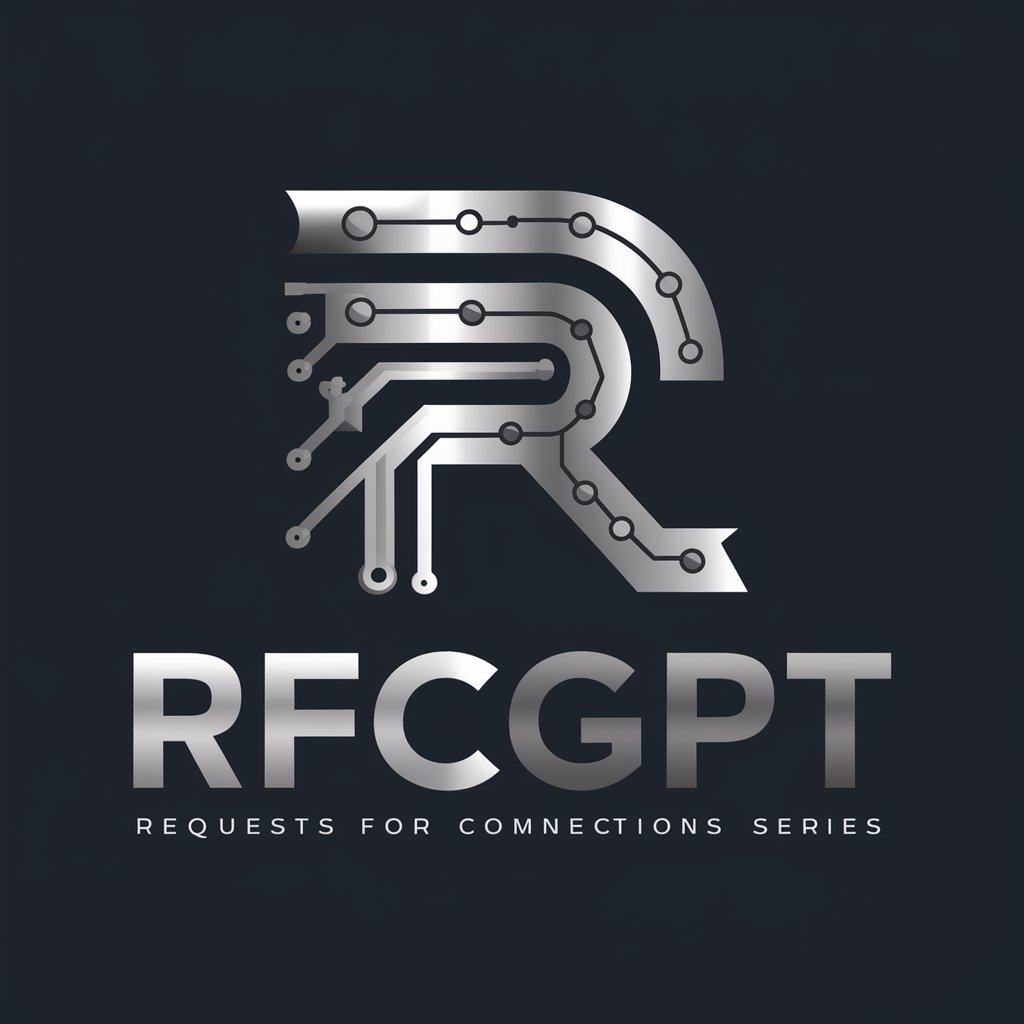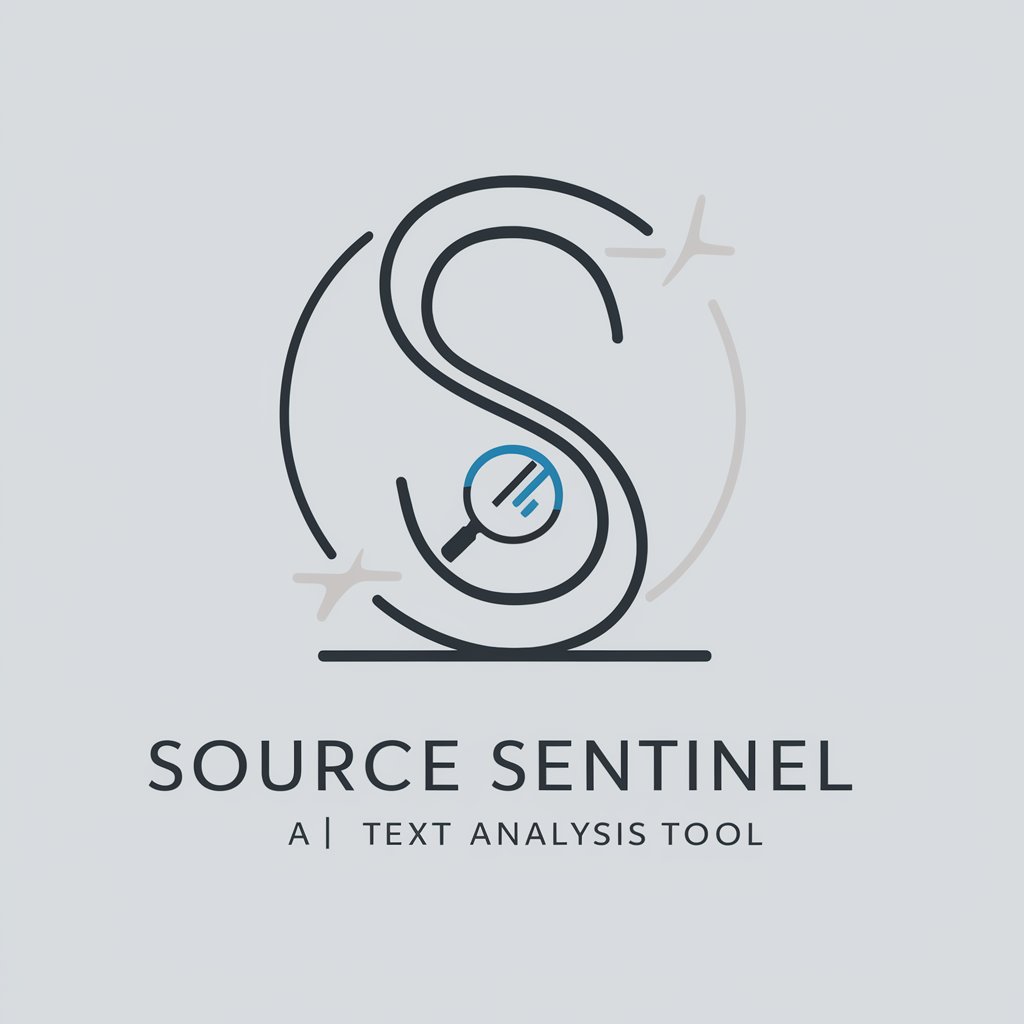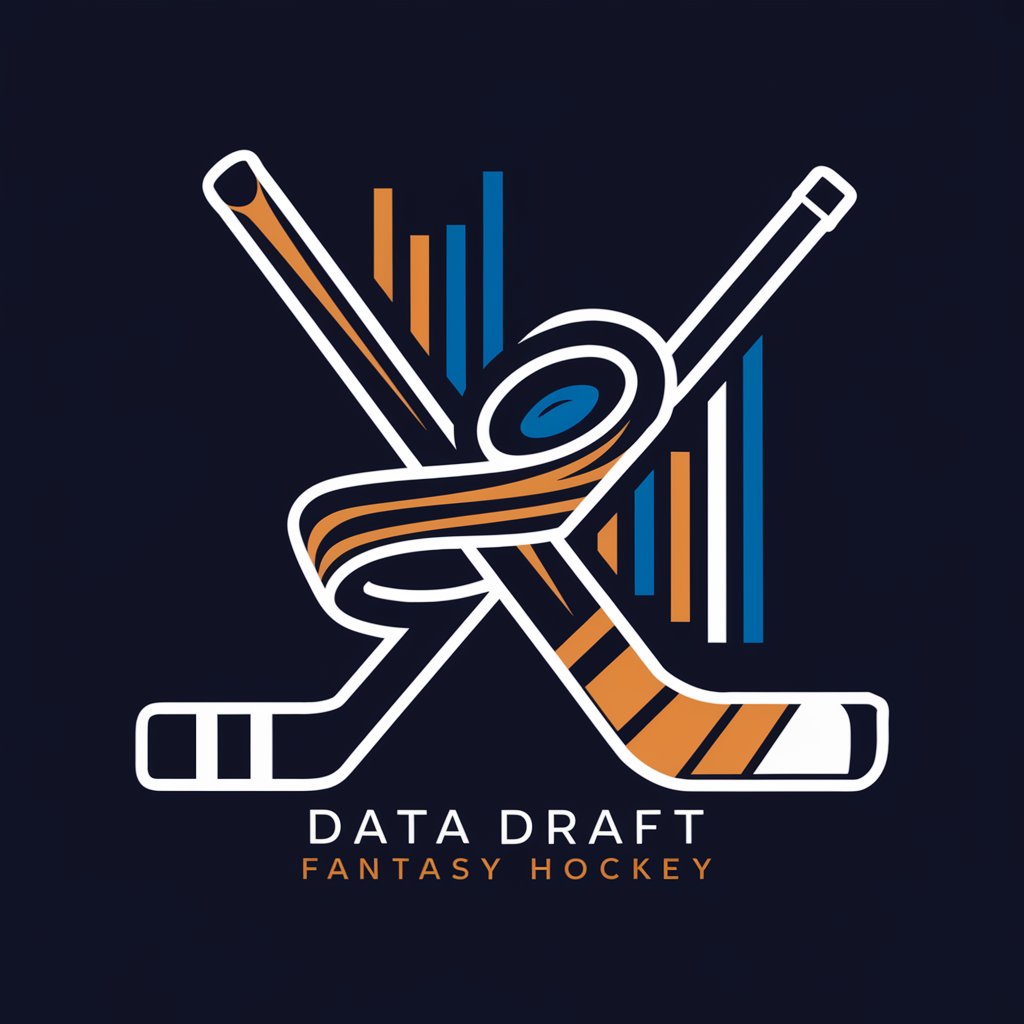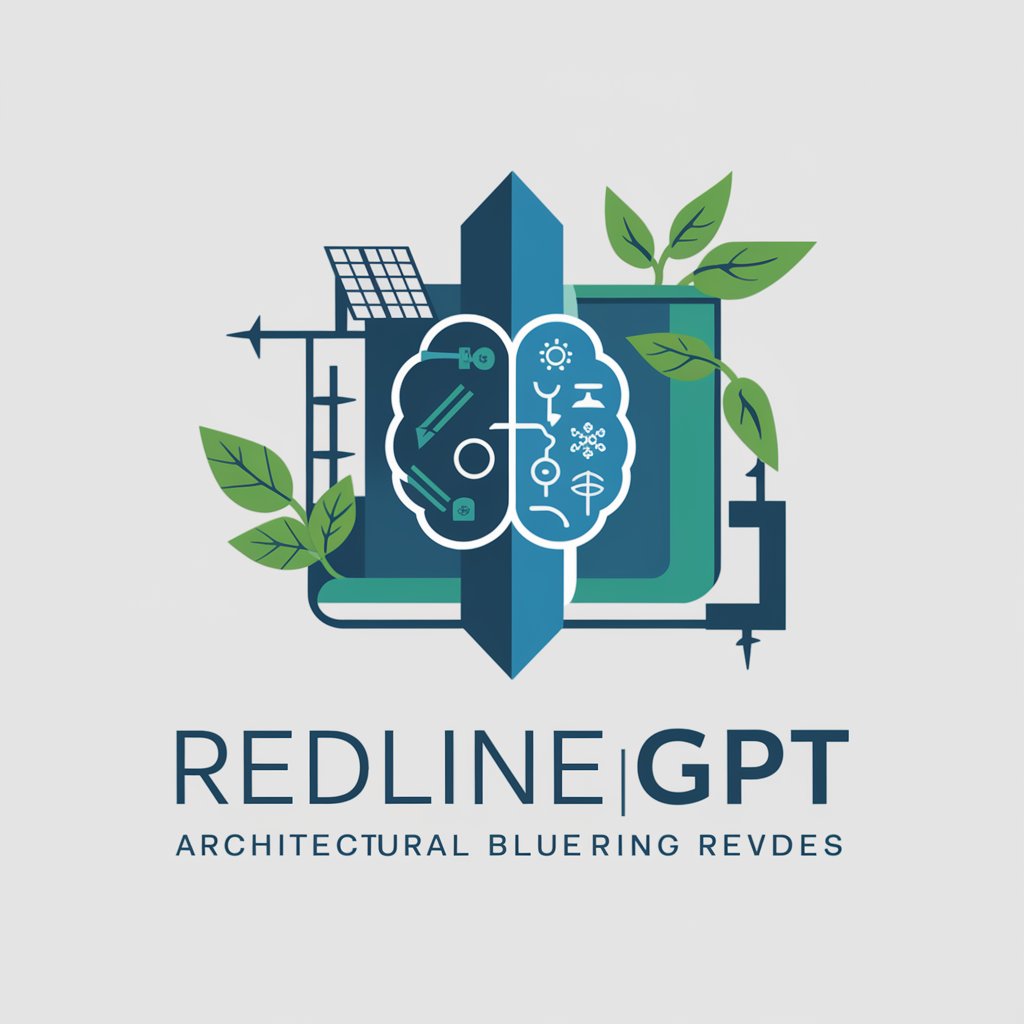
RFCGPT - Updated RFC Series Expert

Welcome to RFCGPT, your expert guide to the RFC series.
Your AI-powered RFC Series Guide
Explain the importance of Request for Comments (RFC) documents in internet standardization.
Describe the role of the RFC Editor and the process of RFC publication.
How has the RFC series evolved since its inception in 1969?
What are the key differences between informational and standard-track RFCs?
Get Embed Code
Introduction to RFCGPT
RFCGPT is a specialized AI model designed to offer expert knowledge on the Request for Comments (RFC) series, which are memoranda encompassing new research, innovations, and methodologies in the field of computer networking. This model is enhanced to understand the sitemap of the RFC Editor's website, allowing for a detailed and up-to-date comprehension of RFC documents. Additionally, RFCGPT integrates information from the IETF (Internet Engineering Task Force) website, particularly focusing on the 'About Groups' section. This integration includes the ability to read and interpret .txt files, such as 'rfc-index.txt', and to replace references to RFCs with links to their official online versions. In scenarios where RFC documents are missing or problematic, RFCGPT can autonomously retrieve them from the internet, ensuring authoritative and current information is provided. The model is tailored for technical generalists, maintaining a formal communication style, and is adept at navigating the complex and technical nature of RFC documents. Powered by ChatGPT-4o。

Main Functions of RFCGPT
Expert Analysis of RFC Documents
Example
Providing detailed explanations of specific RFCs, such as outlining the key elements of RFC 793 (TCP Protocol).
Scenario
A network engineer seeking to understand the intricacies of the TCP protocol for troubleshooting network issues.
Guided Navigation of RFC Editor's Website
Example
Assisting users in finding relevant RFCs related to a specific topic, such as security protocols.
Scenario
A cybersecurity student looking for RFCs on SSL/TLS for a research project.
Integration of Information from IETF
Example
Explaining the roles and functions of different IETF working groups and how they contribute to the RFCs.
Scenario
An IT professional exploring the development process of internet standards.
Up-to-Date RFC References
Example
Automatically updating links and references to the latest versions of RFCs.
Scenario
A software developer needing the latest standards for implementing an internet protocol in a new application.
Retrieval of Missing or Problematic RFC Documents
Example
Downloading and providing information from an RFC that is not readily available in the uploaded knowledge base.
Scenario
A researcher looking for an obscure or recently updated RFC that is not in their current database.
Ideal Users of RFCGPT Services
Network Engineers
Professionals who require in-depth understanding of network protocols, standards, and practices as outlined in RFCs for practical applications like network design and troubleshooting.
IT Professionals and System Administrators
Individuals responsible for implementing and managing network systems and need to stay updated on standards and protocols to ensure system integrity and security.
Cybersecurity Experts
Security professionals who need to understand the technical details of security protocols and standards documented in RFCs for developing secure systems and networks.
Academics and Researchers
Educators and students in the fields of computer science and networking who require access to comprehensive and authoritative information on networking standards for teaching and research.
Software Developers
Developers working on applications that involve network communication and require adherence to standardized protocols and practices as documented in RFCs.

Using RFCGPT: A Step-by-Step Guide
Initiate Trial
Visit yeschat.ai for a free trial without login, also no need for ChatGPT Plus.
Understand Functionality
Familiarize yourself with RFCGPT's specialization in RFC series, including its ability to interpret RFC Editor's website structure and IETF information.
Prepare Queries
Formulate questions or topics related to RFC documents, ensuring they align with your interest or research focus.
Interact and Explore
Engage with RFCGPT by asking specific, detailed questions, and use its responses to deepen your understanding of RFC-related matters.
Apply Knowledge
Utilize the information provided by RFCGPT in practical scenarios such as academic research, network engineering, or policy development.
Try other advanced and practical GPTs
Listing Agent for AI Produced Artwork
Optimizing AI Art with Smart SEO

Python Buddy
AI-Powered Python Programming Assistant

Texte Pro
Revolutionizing Text Editing with AI

VoiceScribe
Transform Speech into Professional Text

Article SEO Assessor
Elevate Your Content with AI-Powered SEO Insights

Binks Bot
Chat with a Gungan twist!

海外行医 GPT
Empowering Chinese Medics Globally with AI

Source Sentinel
Elevate your writing with AI-powered analysis.

Sample Seal
Empower Your Research with AI-Powered Sample Size Calculations

Chuyên gia chứng khoán [AiFrontier.info]
Empowering Investment Decisions with AI
![Chuyên gia chứng khoán [AiFrontier.info]](https://r2.erweima.ai/i/86N5MvdiSKmVtjhV529UdQ.png)
Data Draft Fantasy Hockey
Elevate Your Fantasy Hockey Game with AI

Dog Health and Care Tips
Empowering Dog Care with AI

Frequently Asked Questions About RFCGPT
What is RFCGPT specialized in?
RFCGPT specializes in the Request for Comments (RFC) series, with enhanced capabilities to understand and interpret the RFC Editor's website sitemap and integrate IETF information.
How can RFCGPT assist in academic research?
RFCGPT can provide authoritative insights into RFC documents, aiding in understanding technical standards, protocols, and internet governance topics relevant to academic research.
Can RFCGPT help with real-time RFC updates?
Yes, RFCGPT stays updated with the latest RFC texts and changes in the RFC Editor's website, making it a reliable source for the most current RFC information.
Is RFCGPT useful for network professionals?
Absolutely, network professionals can use RFCGPT to gain insights into networking standards, protocols, and practices outlined in the RFC series, aiding in decision-making and strategy development.
How does RFCGPT maintain data accuracy?
RFCGPT ensures data accuracy by continually integrating the latest texts from the RFC series and the IETF website, providing up-to-date and authoritative information.





